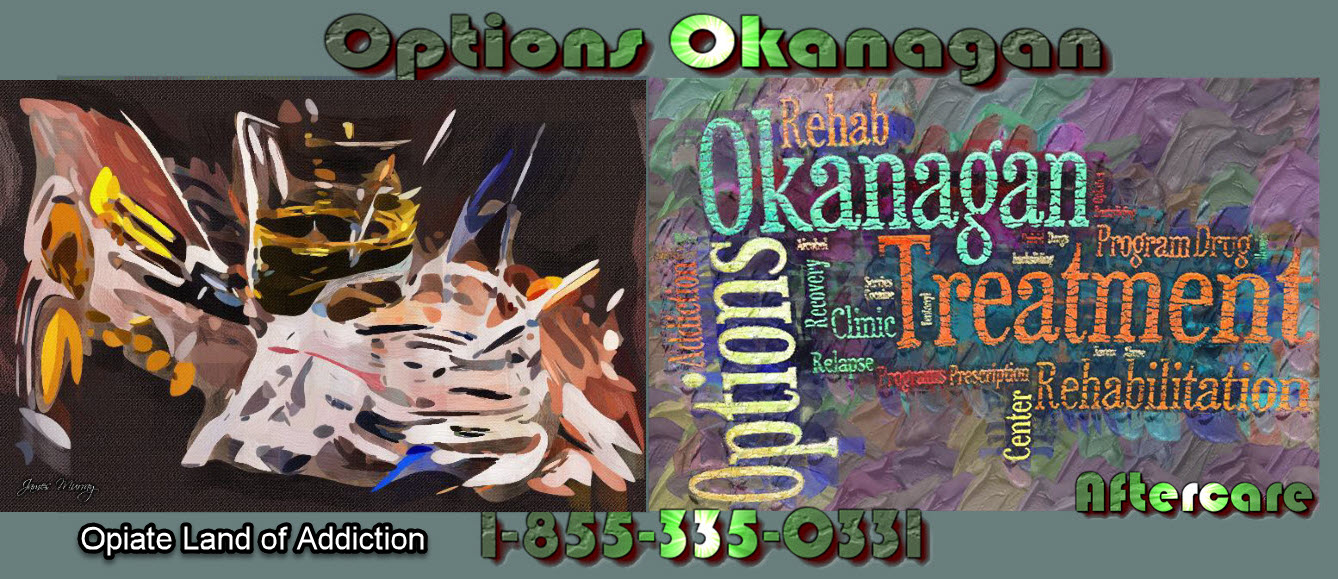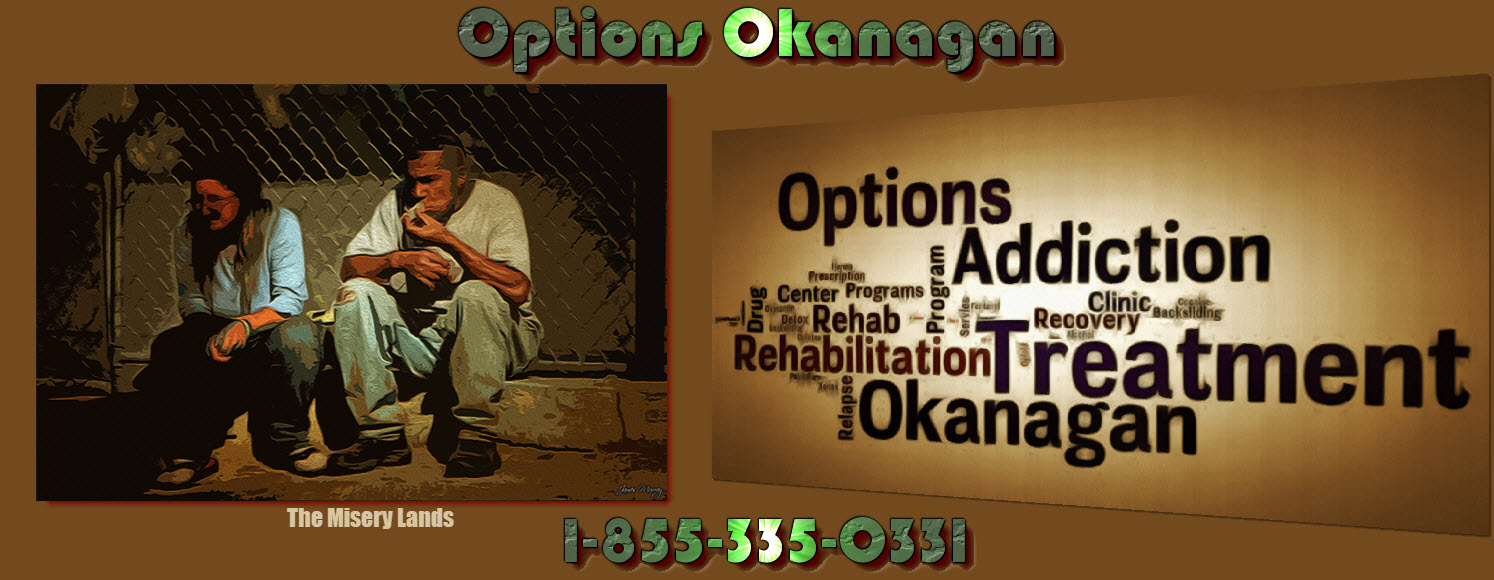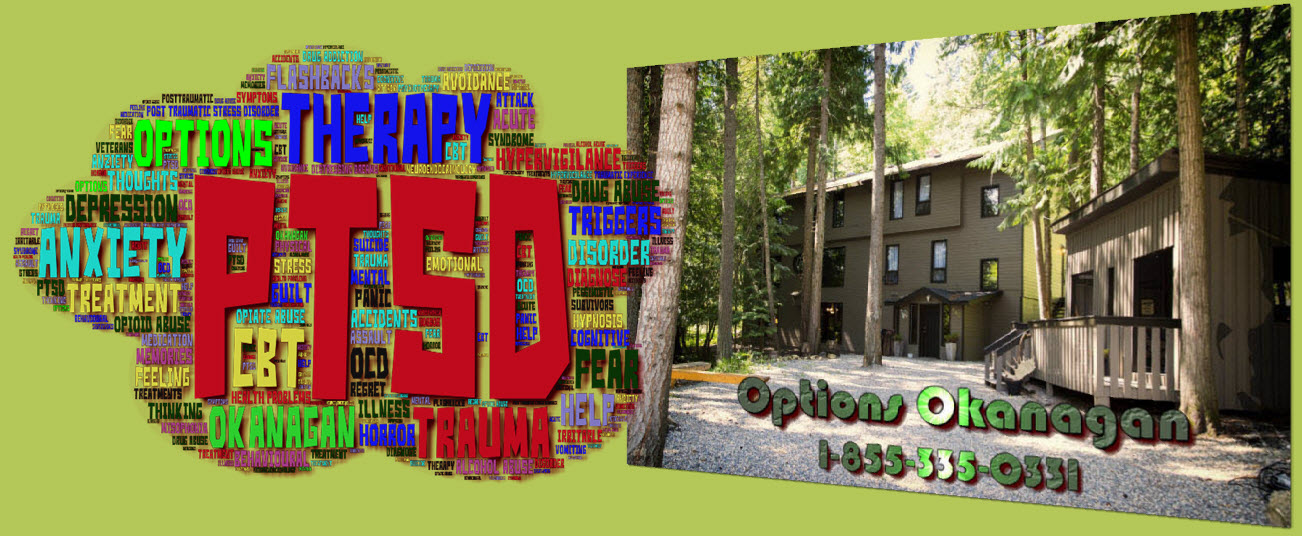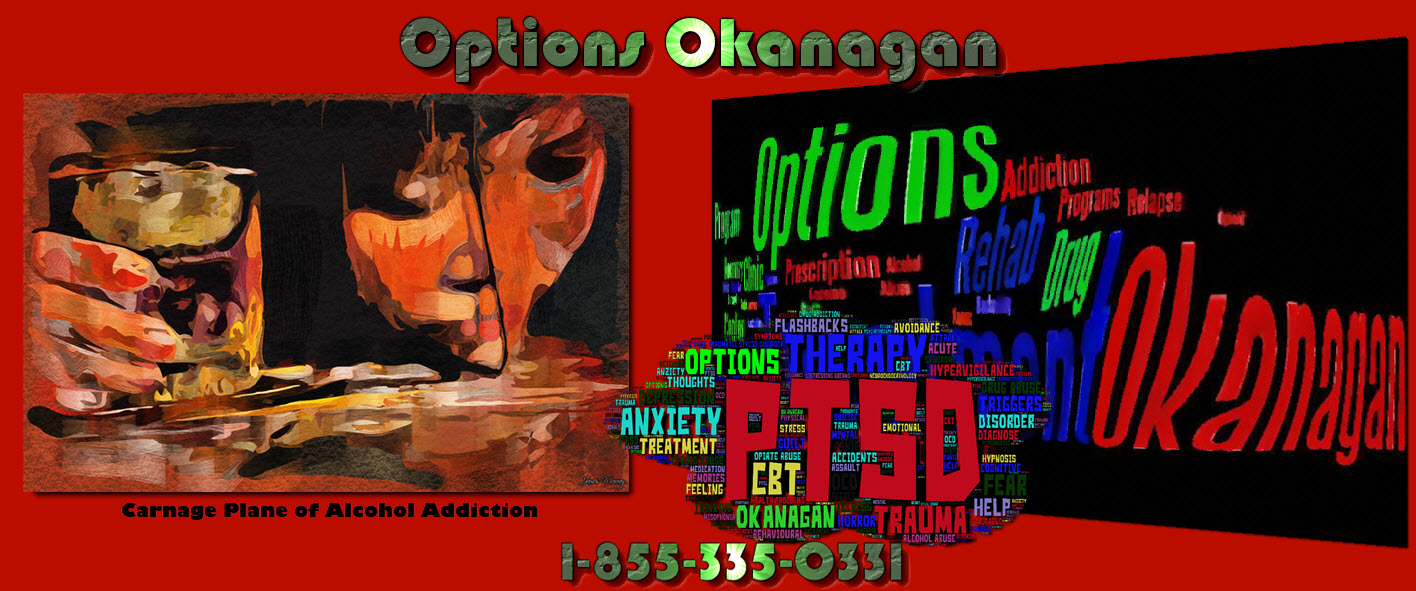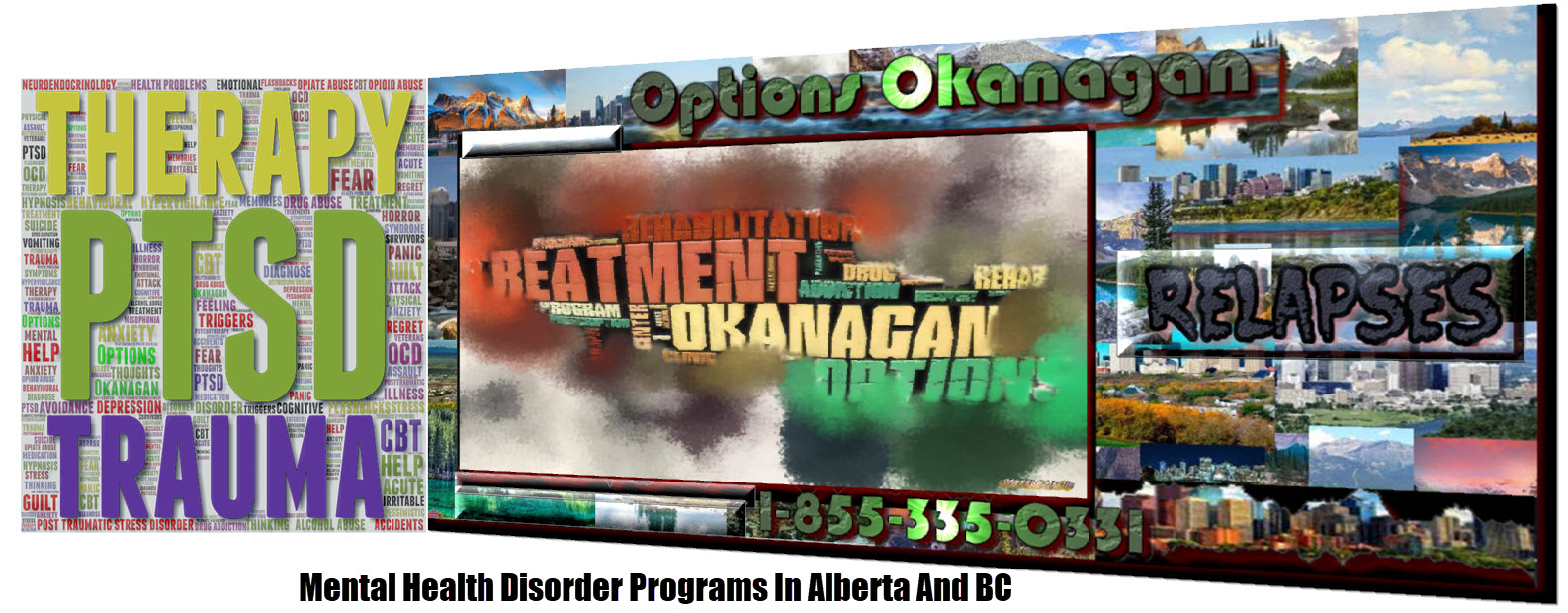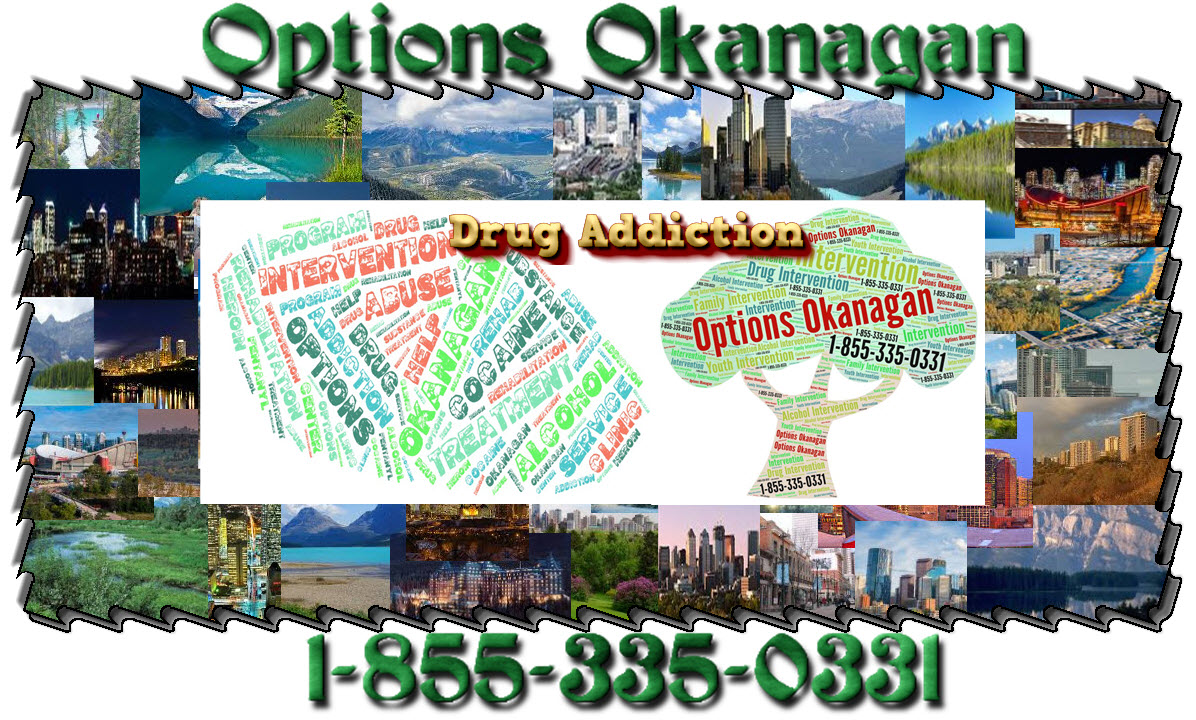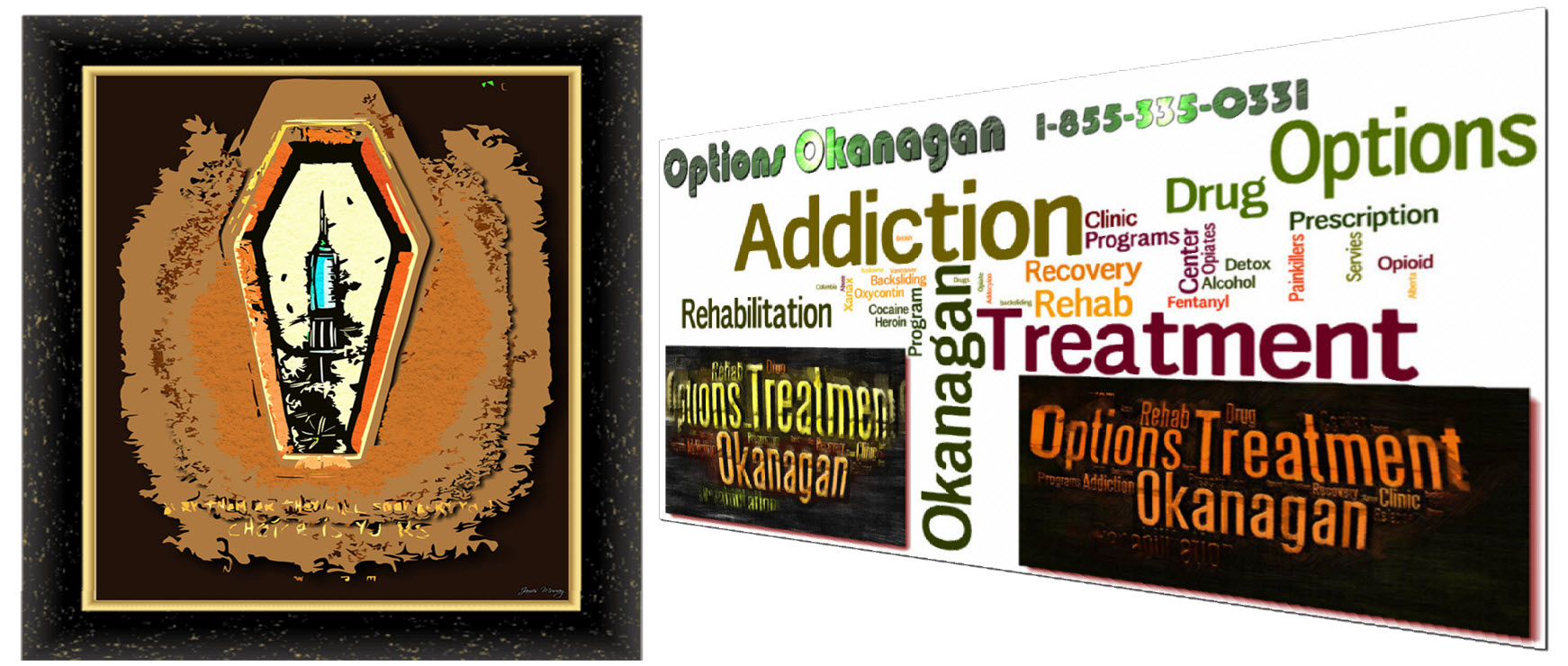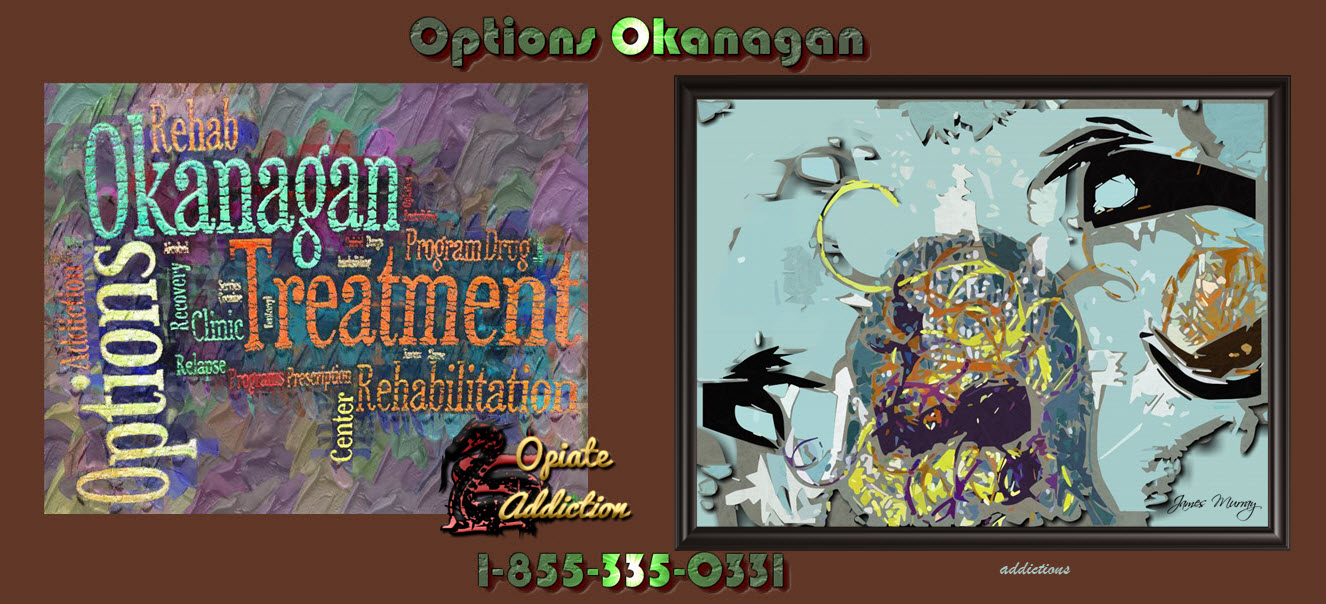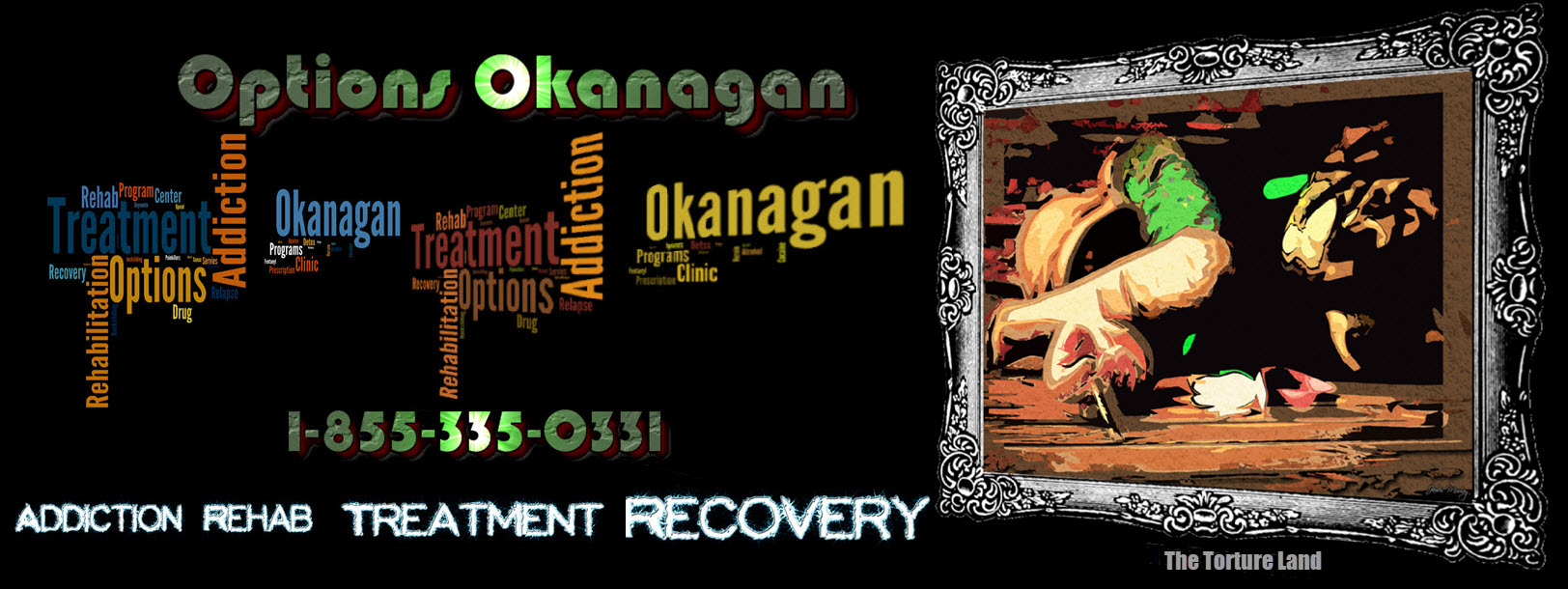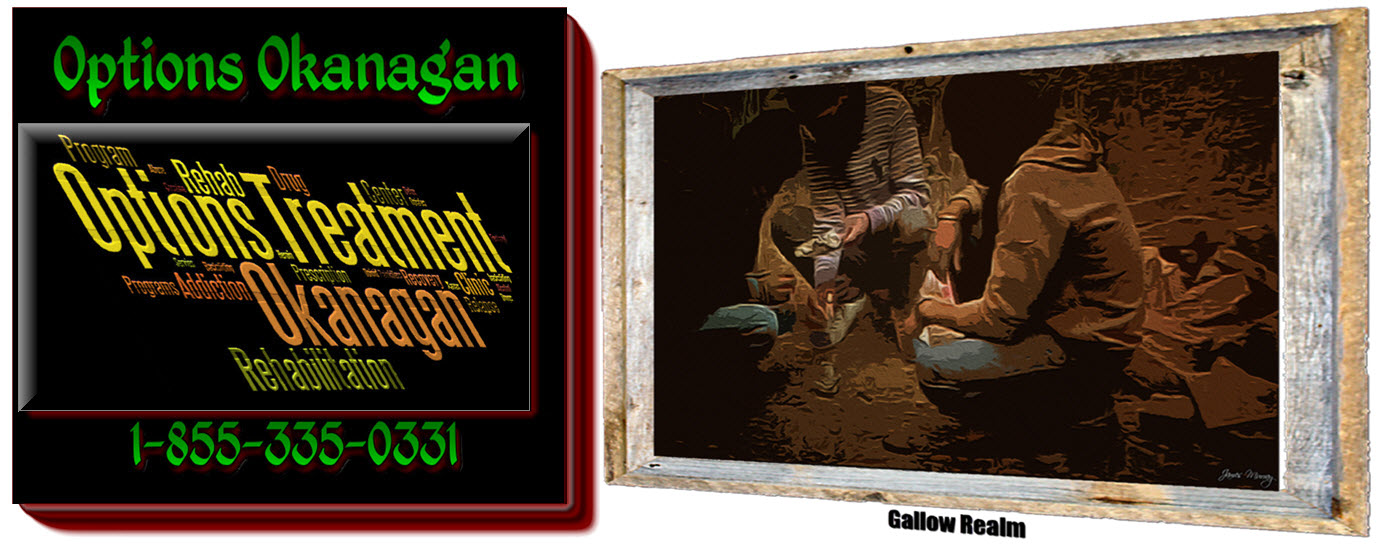Avoiding addiction relapses after rehabilitation – Opioid and prescription drug intervention and rehabs in British Columbia and Alberta – Options Treatment Center in Kelowna, British Columbia treating prescription drug, opiate, opioid, heroin, cocaine and alcohol addiction and recovery.
Opioid Rehabilitation in British Columbia and Alberta
One of the most important steps you can take to stay healthy and safe is to visit a rehab center if you have a drug or alcohol problem. However, it is important to remember that you cannot fully recover from a drug or alcohol addiction. Healing is an ongoing process and therefore your treatment does not end on the day you leave rehab. If you want to live a more fulfilling, healthier, and more mindful life, it is important to plan your life after your stay in a rehabilitation center is over. These are things you need to do when you get home from rehab.
Let us treat you a little longer with aftercare
Remember that drug, opioid or alcohol addictions are chronic diseases. Chronic illnesses can bring back bad thoughts when a person returns for treatment, and this is the case for drug addiction. During the rehabilitation process, while you receive individual counseling, you may have a plan about how to continue your care after rehabilitation. Even if you feel strong after rehab, you should never miss an aftercare treatment appointment. Remember that relapses can occur at any time and these treatment sessions can help you avoid relapses.
Find a support group to join
Whether you are discouraged or encouraged to join a rehab group during rehabilitation, you should definitely consider seeking out a support group. Social support has played an important role in relapse prevention for many years. A social support network can make it easier for you to get through stress and depression during difficult times. In addition, if you are vulnerable and at risk of relapse, you can get direct support from a support group member. A group of people who have been in a similar situation and an experienced sponsor can help you stay strong after you leave the center.
Find sober friends to hang out with
Once you leave the rehab center, you need to find a social support network that goes beyond sponsors and support groups. During this time you should have friends and family to guide and communicate with. New people or friends you meet shouldn’t drink or use drugs. If they drink from time to time, they must not do it in your presence. You should avoid going back to old friends who drink alcohol or use drugs. Remember that relapse is primarily due to triggers and the strongest trigger is memory. When you are around people you are familiar with or close to, the chances of a relapse usually increase exponentially.
Proceed with caution
Stress, anxiety, and depression are the main causes of relapse for most people. Although stress is a part of life, it can be very dangerous for you as an former opiate, opioid or drug addict. Therefore, you must learn to manage your stress before it becomes too much. According to proven research, it is a reality that mindful techniques such as meditation and yoga can reduce the desire to use drugs or alcohol and reduce relapses. Preventive measures can be very helpful, especially when applied right after rehabilitation. After leaving rehab, it is advisable to take meditation classes and do exercises such as yoga and Pilates, as they can help relieve stress.
Find your own goal
Once you enter a rehab program, your life revolves around staying sober. If you want to live a more fulfilling and happy life after rehab, you need to find something to live for. You need to find meaning in life again because it will give you something to look forward to every day. You can find new goals by going back to school, volunteering for new jobs, learning new skills, and finding new hobbies. When you find something that interests you, work for it.
Options Okanagan Opiate and Alcohol Treatment Centers in Kelowna, Salmon Arm and Vancouver, British Columbia – Men and Women are recovering and healing from Alcohol and Drug Abuse at our treatment center here in the Okanagan right now.
Our unique and distinctive Opiate Drug and Alcohol treatment program allows men and women to come in from Calgary as well as Edmonton as we offer airport pickup.
Numerous clients come to us from Vancouver, Calgary, and Edmonton and other locations in Alberta and even other provinces for Opiate addiction treatment, heroin drug treatment, many other drugs, and alcohol addictions for rehabilitation because of the uniqueness of our treatment center.
Our (Kelowna) Alcohol and Drug Treatment Program Location:
(Not Mailing Address) – Contact Us – Web Page
For Mail Delivery :: Please contact each center for correct mailing addresses, also this location is the location of our residential treatment programs in Kelowna. Please call Toll Free 1-855-335-0331 – to contact the treatment center you are going to for the address and directions.
Options Okanagan Drug and Opiate Treatment Center
551 Sherrydale Crescent, Kelowna, British Columbia, V1V 2E6
Toll-Free Phone Number: 1-855-335-0331


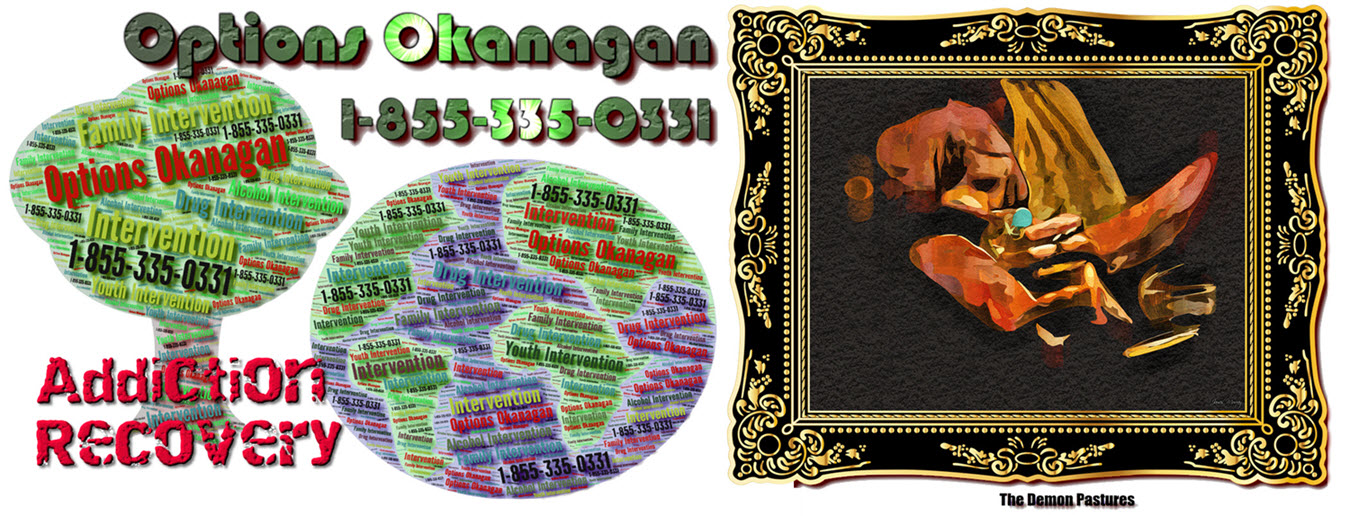


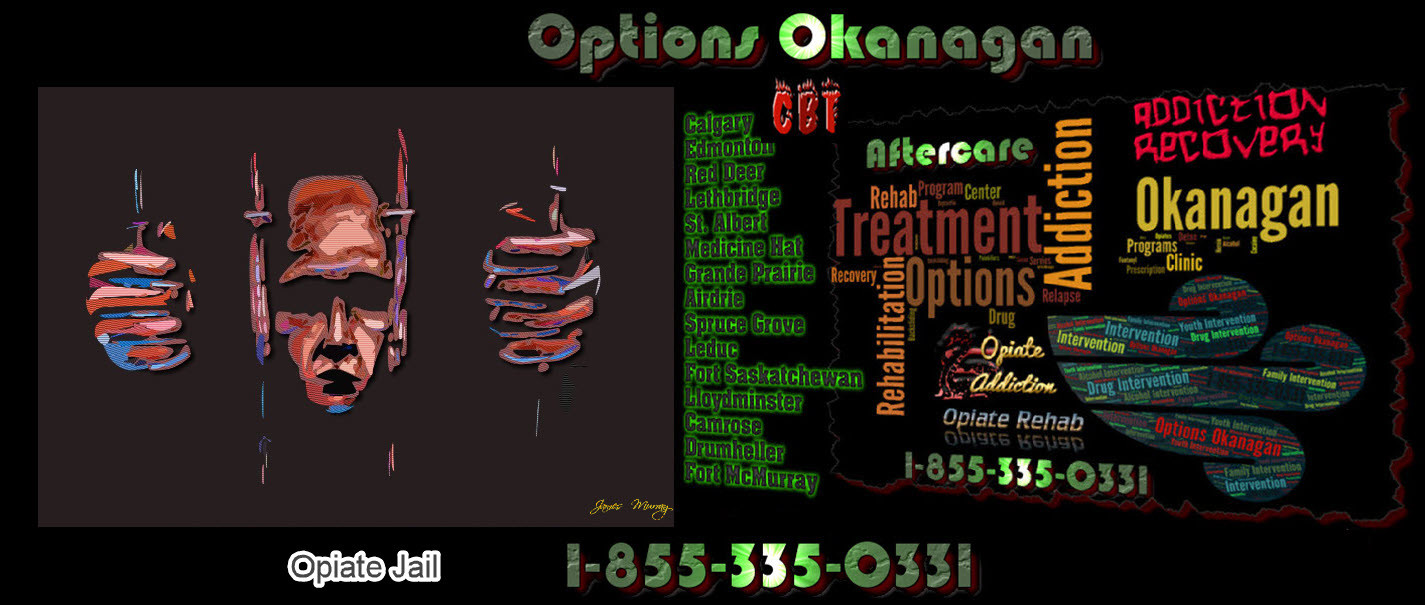
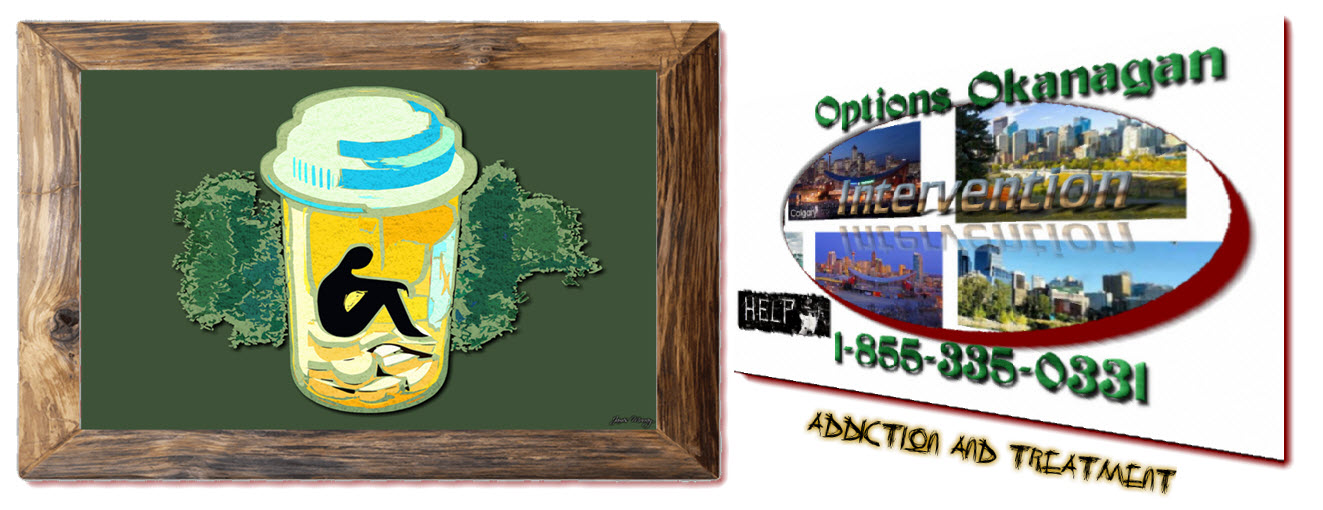
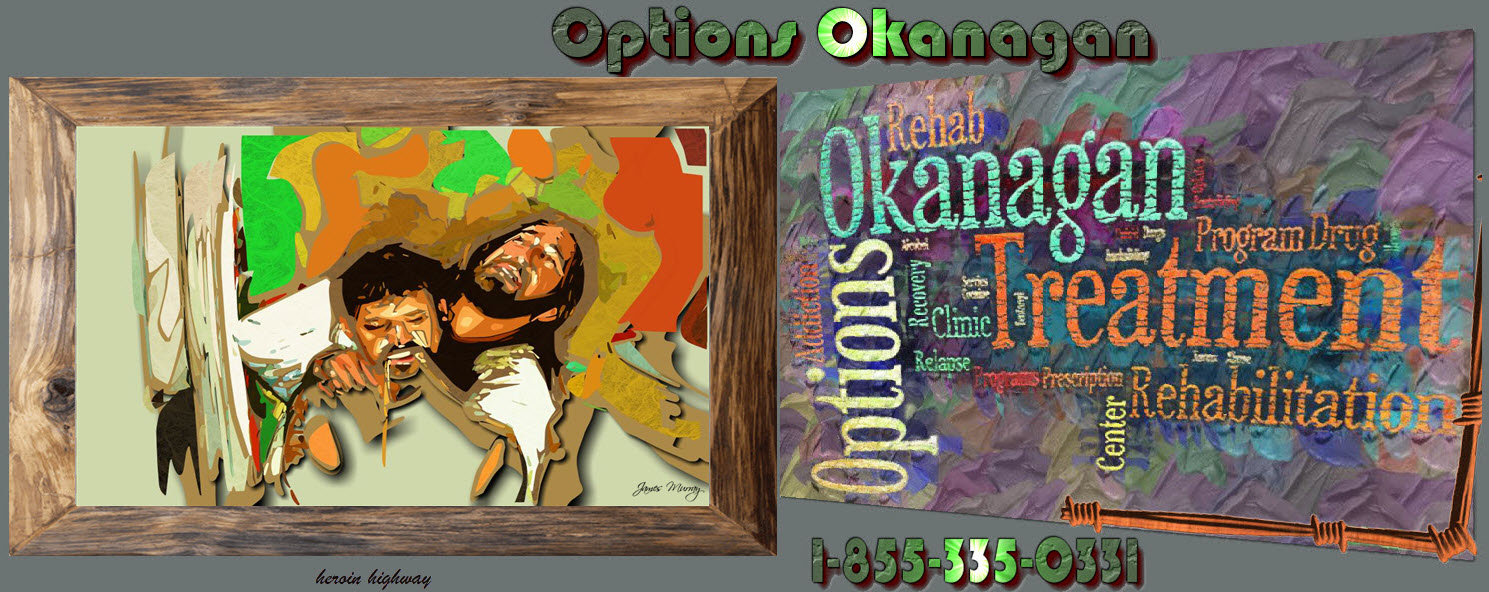



 and Ambien - Options Okanagan.jpeg)
 and Ambien Addiction Help - Options Okanagan Opiate Treatment Centers.jpeg)
 and Ambien Addiction - Options Okanagan.jpg)


